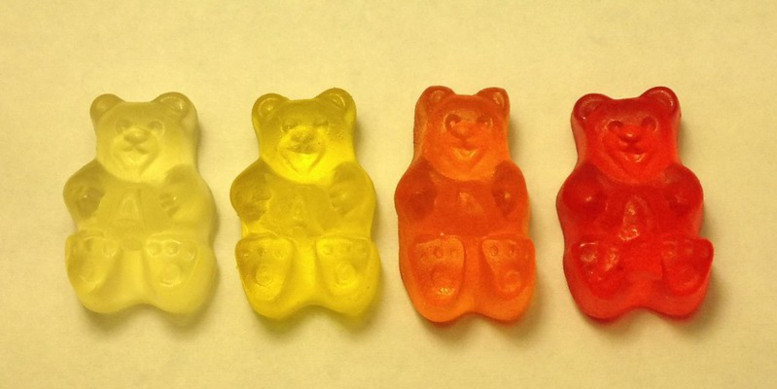South Carolina’s attorney general has issued an opinion that delta-8 THC is illegal under state law. In response to a query from the South Carolina Law Enforcement Division (SLED), the attorney general’s office said the state’s Hemp Farming Act addresses only delta-9 THC, limited to 0.3% in industrial hemp, and that delta-8 THC, as an isomer created through synthesis, is not protected.
“The Hemp Farming Act creates such a specific exception in certain circumstances for hemp containing up to a specific level of one specific isomer – that is, delta-9 THC,” Assistant Attorney General David S. Jones wrote in the non-binding opinion to Mark A. Keel, Chief of the SLED. “It does not create an express exception for delta-8 THC, or any other THC isomer.”
Gaps in law
Notwithstanding “some of the gaps in the Hemp Farming Act,” which does not expressly address delta-8, Jones wrote that “SLED is informed and believes that the Hemp Farming Act does not apply to delta-8 THC, or any other THC variant, in any way whatsoever.
“All THC that is not delta-9 THC concentration of not more than 0.3% on a dry weight basis is specifically prohibited by clear and unambiguous language in the South Carolina code,” Jones concluded.
Unlike delta-9 THC, the more common, natural form of tetrahydrocannabinol derived from marijuana plants, delta-8 is not a natural derivative of cannabis; it is produced by extracting CBD from industrial hemp plants that contain less than 0.3% delta-9 THC and then transforming the CBD into delta-8 THC through a chemical process that employs acetic acid.
Delta-8 is not explicitly outlawed by the U.S. Controlled Substances Act, but the federal Drug Enforcement Administration (DEA) has said delta-8 THC from industrial hemp is a controlled substance because it is not a natural extract.
Ubiquitous
Hemp processors started turning out delta-8 THC about two years ago for such products as vape liquids, edibles, and high-CBD hemp buds laced with the compound. The products quickly spread into convenience stores and independent smoke shops across the country.
Proponents have argued that because delta-8 THC is derived from hemp, which is legal under the 2018 Farm Bill, those products should also be legal.
“We believe that the application of the law here is relatively straightforward,” Jones wrote. “If the General Assembly intended to undertake legalization of THC on the scale that the industry (delta-8 THC proponents) posits, they would have done so expressly and unambiguously.”
Stakeholders are split
Opponents of delta-8, including some hemp stakeholders, have generally agreed. The unclear legal situation in many parts of the country has led to unsafe delta-8 products flooding the market, they have warned.
The National Industrial Hemp Council (NIHC) recommended earlier this month that delta-8 products should not be sold or marketed as hemp-derived products, and called on the U.S. Food & Drug Administration to set clear guidelines. NIHC said the market for delta-8 THC products took off because of the lack of regulatory certainty from the FDA on cannabidiol and other products derived from the hemp plant.
Questionable products
A report released this summer by CBD reviewer Leafreport said the nascent delta-8 THC sub-sector is populated by inexperienced producers who are misleading consumers with inaccurate labeling on many products and recommended steering clear of the compound due to safety concerns.
The U.S. Hemp Authority has said it will not certify products that are labeled as hemp if they are marketed for their THC content.
Among states that have instituted delta-8 bans in some form or another are: Colorado, Alaska, Arkansas, Arizona, Delaware, Idaho, Iowa, Mississippi, Montana, Rhode Island and Utah.
Some states regulating
Other states are turning to regulation. A new law enacted in Michigan restricts delta-8 THC products to state-approved distribution channels for marijuana. Similarly, Oregon has defined delta-8 THC as an “adult-use cannabinoid,” implying it also intends to regulate the compound under marijuana laws.
A Texas bill that would have outlawed products containing delta-8 THC died in June after agreement could not be reached on amendments between House and Senate versions of a measure aimed at banning the compound.
Stakeholders led by the national Hemp Industries Association have challenged DEA’s position that delta-8 THC from industrial hemp is a controlled substance. The Kentucky Hemp Association has also argued that delta-8 THC is legal.

